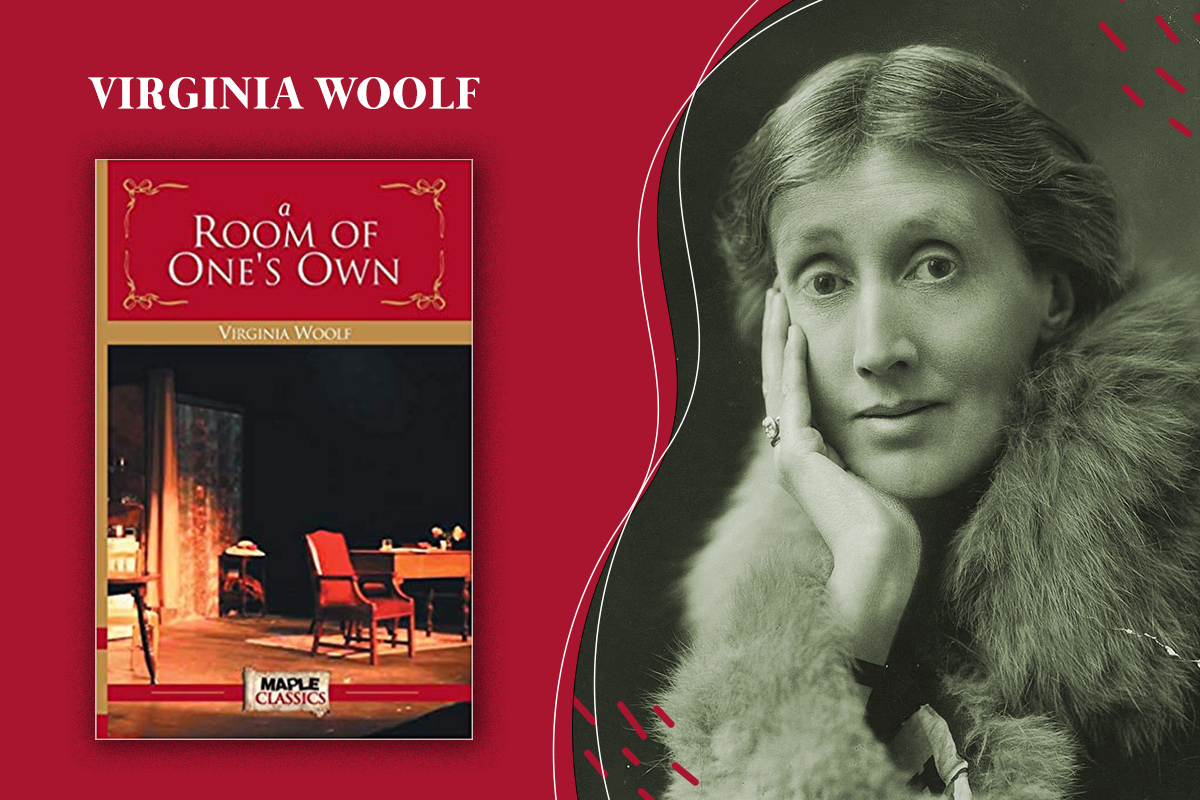
In 1929, Virginia Woolf called attention to not only a lack of women’s writing but also a dearth of creative spaces for women. It is remarkable to think the amount and quality of women’s writing we would have had if we lived in an equal society. What’s lost cannot be undone, but the question now is: what’s the state of women writing today and what lies ahead in the future? By Paridhi Badgotri
"One reads of a witch being ducked, of a woman possessed by devils, of a wise woman selling herbs, or even of a very remarkable man who had a mother, then I think we are on the track of a lost novelist, a suppressed poet, of some mute and inglorious Jane Austen, some Emily Brontë who dashed her brains out on the moor or mopped and mowed about the highways crazed with the torture that her gift had put her to". — Virginia Woolf
In A Room of One’s Own, Woolf creates a fictional sister of Shakespeare and calls her Judith. In contrast to her brother, the bard, Judith does not get the opportunity to read and write; instead, she is forced to do household chores and is actively discouraged from pursuing her creative goals. As a result, Judith never records her thoughts—her ideas are lost, while her brother turns out to be one of the greatest writers of all time. Woolf elucidates on how a literary career is at the mercy of privilege, most importantly, one of space. After a century, there is no denying the fact that significant progress has been made in making space for women authors—not only in the West but in India too. But, do Indian women have a room of their own to relax, think, and create?
The answer remains entangled in the hierarchies embedded in our society. From single women being casually discouraged to live alone in cities, to girls getting constant reminders that they would be uprooted from their homes (with the social mandate of marriage) as soon as they turn a certain age, the reality of a majority of Indian women hasn’t changed much over the years. A very small fraction enjoy the freedom of living life on their own terms, in a house they can design to be their creative paradise.
If we are to get more female literary heroes from India, women need to have access to spaces of creativity inside and outside their homes. Outside, one of the places that offers creative stimulus is a bookshop. At Kunzum, we invest a lot of value in creating spaces for our readers, many of whom are creators. Nothing beats a quiet corner infused with the aroma of books and freshly brewed coffee. If you don’t have a room of your own, you can definitely have a bookshop of your own at Kunzum!
(Needless to say, we stock plenty of books by Virginia Woolf and other women authors across our stores.)
Related: Reading Emily Dickinson: How the American Simulates the Irregular Process of Thinking in Her Poems

1 thought on “A Room of One’s Own: What Virginia Woolf’s Inquest Tells Us about Women’s Spaces”